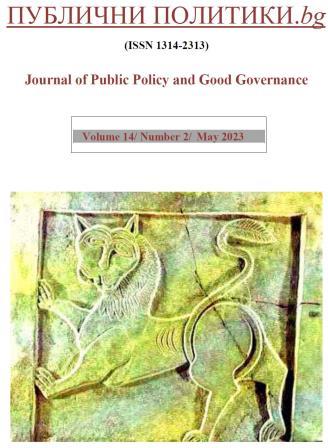NUDGING: PECULIARITIES OF THE GREEN DEAL PLANNING AND IMPLEMENTATION
NUDGING: PECULIARITIES OF THE GREEN DEAL PLANNING AND IMPLEMENTATION
Author(s): Krassen StanchevSubject(s): Politics / Political Sciences, Social Sciences, Economy, National Economy, Governance, Public Administration, Sociology, Public Finances, Socio-Economic Research, Geopolitics
Published by: Софийски университет »Св. Климент Охридски«
Keywords: European Green Deal; nudging; environmental performance; EU financial programs.
Summary/Abstract: The European Green Deal (EGD) was designed as policy instrument that nudges the environmental performance of the Union towards reduction of the carbon footprint and positive impacts on climate. Many of the EGD initiatives were put on hold in response to energy price hikes of the post-COVID recovery and market and energy supply unpredictability resulting from the war of the Russian Federation in Ukraine. The paper examines the emergence and evolution of these initiatives in the first place. It makes an attempt to demonstrate that most if not all “greening” economic processes were underway before the Deal was drafted, agreed upon and built in the EU financial programs. The first part of the paper analyses the core notions and objectives of the Deal as well as with the ways to monitor and interpret the process of the policies associated with the Deal. The second part, looks at funding aspects of the Deal, while the third compares the outcome of the past environmental performance of the EU with Deal’s objectives. The conclusion is that the EGD resembles rather a central planning instrument than an instrument of “nudging” in the sense of Richard Thaler. In a nutshell, the paper tests whether “nudging” can substitute “planning” in the context of EGD policies (Thaler, Sunstain, 2008).
Journal: ПУБЛИЧНИ ПОЛИТИКИ.bg
- Issue Year: 14/2023
- Issue No: 2
- Page Range: 43-52
- Page Count: 10
- Language: English

